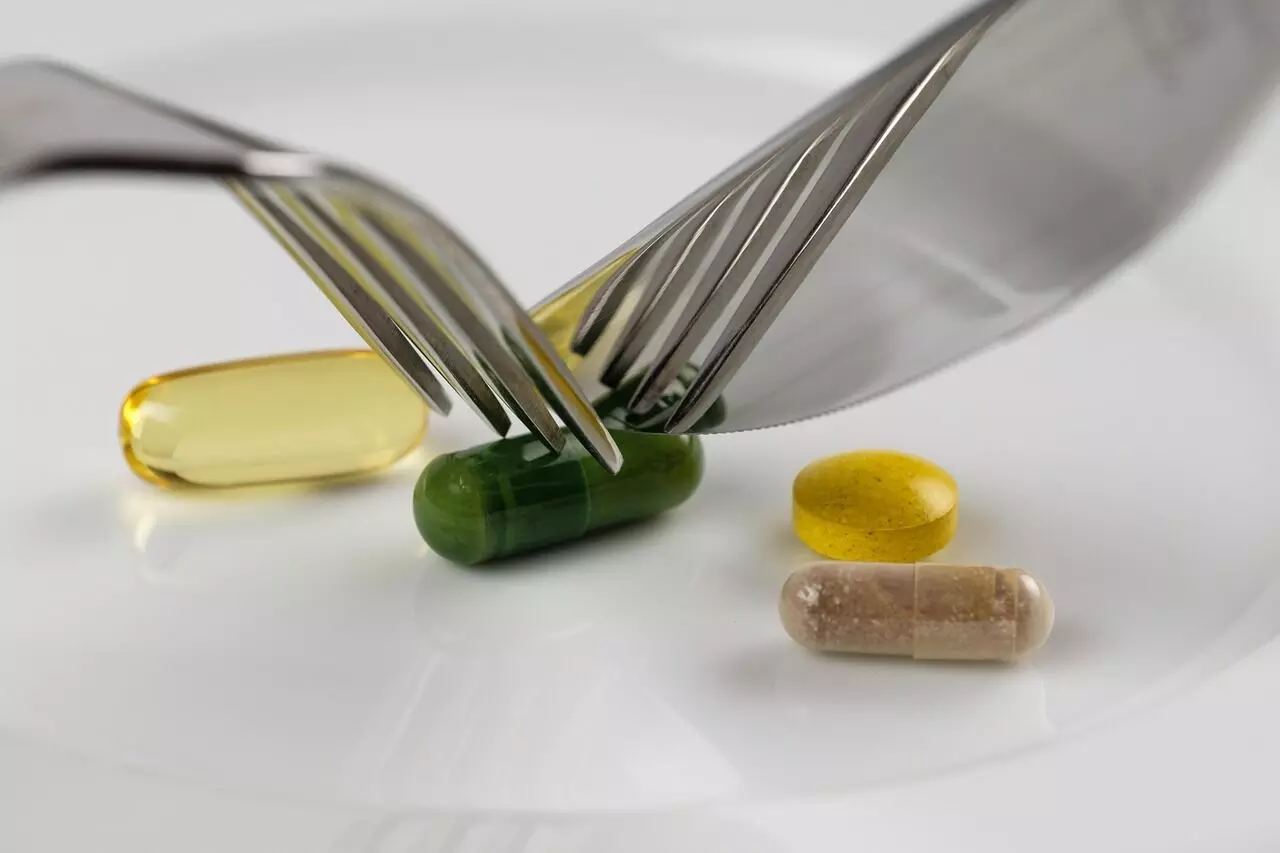Supplementary action
Indians are bingeing on health supplements but even as the industry is flush with funds and new brands, doubts persist on safety and authenticity

Want to lose stubborn fat? There’s a pill. Need to up your magnesium? There’s a pill. Boost your collagen? You guessed it — there’s a pill for that too. From anti-ageing to weight loss, from glowing skin to fixing the gut — there’s a supplement for everything and the market is teeming with colourful capsules, gummies, skin patches, tablets, and powders. The Indian supplements and dietary market is revving up with investments pouring in and nutraceutical companies lining up to launch an array of new products. But even as consumer demand gets stronger, there is no shrugging off the unease around lack of transparency, regulation, and safety protocols.
As per the Grand View Research, the Indian dietary supplements market was estimated at USD 5.17 billion last year with a projected CAGR (compound annual growth rate) of 13.1 per cent from 2025 to 2030. Another report by expertmarketresearch.com states that India’s dietary supplement market is valued at Rs 33,100 crore and plant-based nutraceutical market will grow at a CAGR of 15% in the period between 2022 and 2027. As per the ‘Nutrition Business Journal Global Supplement Business Report’, India’s supplement market was predicted to touch USD 14.7 billion last year coming on the back of 8.7 per cent growth and translating to an increase of 50.6 per cent than in 2019. Similar trends were forecast by Research and Markets pegging the nutritional supplement industry at USD 47.92 billion in 2024 with potential of reaching a staggering USD 68.43 billion in the next five years. Such robust growth has meant a foray of venture capitalists with the sector raising over USD 500 million between 2020 and May 2025, according to data company, Venture Intelligence.
Call it a post-Covid-19 epiphany or growing exposure to global brands, Indians are pill popping like never before. As per a 2023 report by research firm, Pronto Consult, 31 per cent of all chemist billings across 15 cities were of nutraceuticals. Most of these supplements are over-the-counter and don’t require a prescription for purchase. Simultaneously, young companies are marketing these magic pills through fitness and wellness influencers that promise path-breaking results. With Mounjaro now being available in India for example, GLP-1 mimicking ingredients are being aggressively advertised. Several supplements are being pushed out as “safe”, “ayurvedic”, and without “side-effects”. But in the wake of scant regulation, who can claim authenticity and success?
Recently, online fitness and nutrition platform, Fittr’s founder and CEO, Jitendra Chouksey, red-flagged this issue by questioning the claims of a company promoting good gut health. While the latter furnished their response, the claims and counter-claims left enough doubt in the minds of consumers. The question of efficacy is definitely a grey area when it comes to supplements. There are too many supplements in the market, most of whom have little to no third-party certification. The human body is a complex entity, perhaps turned even more inscrutable after Covid-19. All-in-all, it’s safe to surmise that lay people can’t be sure of their reaction to various supplements or even the combo of several taken together. ‘Kaanta Laga’ fame, Shefali Jariwala’s recent and sudden demise, was a shocking and sobering reality for many pill-poppers. While it’s still unclear what reactions and side-effects caused her death, we know from news reports that she was on skin lightening glutathione injections and consumed medicines on an empty stomach. While not everyone is voraciously grabbing supplements and injections, the easy availability in India is a cause for concern when even everyday supplements can harm the liver (a University of Michigan study).
For instance, most of these supplements are bought without a doctor’s prescription. According to a report by LocalCircles, 71 per cent of Indian consumers are ingesting supplements such as vitamins, minerals, herbs, fibre, and Omega capsules; and 69 per cent of these are not on doctor’s orders. In 2023, the Food Safety and Standards Authority of India (FSSAI) (under whom nutraceuticals currently come under) divulged that more than 15 per cent of tested health supplement samples did not meet regulatory standards. At the same time, lack of consumer education creates a propensity for misuse or harmful overuse of supplements.
Regulation is still lagging behind. Since these supplements are under FSSAI and not the drug regulator, the scrutiny is weak. An inter-ministerial committee has recommended that supplements swearing to treat a disease should be categorised as a drug and should therefore, be cleared by the Central Drugs Standard Control Organisation (CDSCO). This change along with accredited certifications can fight exaggerated claims by brands and dangers of side-effects. As for the consumer — best not to fall for clever content marketing peddled on Instagram. Instead, read, question, and consult medical professionals before popping that pill.
The writer is an author and media entrepreneur. Views expressed are personal



